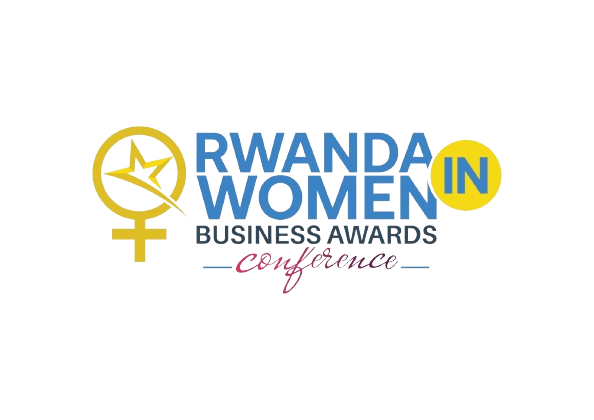
Following their involvement in the recently concluded Gender Equality Seal Certification program that was organized and implemented by the Gender Monitoring Office (GMO) and the Private Sector Federation in partnership with the United Nations Development Program (UNDP), the United Nations Program for Promotion of gender equality and women empowerment (UN Wo men) and USAID two project funded by USAID Feed the Future Kungahara wagura Amasoko and USAID Feed the Future Hanga Akazi, eleven private companies, and one public institution scooped awards of gold, silver, and bronze from the Gender Equality Seal.
This was the third GES event where institutions were awarded for their exceptional commitment to advancing gender equality in the workplace.
“Their dedication showcases the worth of gender equality as both a moral practice and a tool for business success. We look at a future with more inclusive and reasonable workplaces for the public and private sectors” said Chief Gender Monitor Ms Umutoni Gatsinzi Nadine during her speech at the event. The uniqueness of this third cohort is that it included even SMEs who were not given an opportunity in the 1st and 2nd.
The awards are an initiative that supports private sector companies in promoting gender equality and accountability through their businesses, procedures, and processes.
The New Times, Vivo Energy Rwanda, Kitabi Tea Company, Rwanda Inter-link Transport Company Ltd (RITCO), Rwanda Development Board (RDB), Akagera Coffee Project, and Masaka Farm received golden awards.
Nyamurinda Coffee Growers and Afri-Foods Ltd got silver awards the third certified category was Bronze which was awarded to 000 Hills Products Rwanda, Tropi Wanda, and Virunga Biotech.
These companies and institutions were acknowledged for the establishment of breastfeeding rooms at the workplace, increasing the number of females in male-dominated jobs, establishing gender and mainstreaming committees, establishing gender equality and accountability police, and increasing the number of females in decision-making positions as a key performance indicator (KPIs). Companies were also celebrated for starting childcare facilities, setting in place sexual harassment policies, and reducing gender pay gaps.



Eight private companies were also recognized and given certificates for their commitment and progress in promoting gender accountability. These included Aviation Travel and Logistics Ltd, Stafford Coffee Breweries, King Faysal Hospital, Silverback Tea Company Ltd, The Wood Foundation Africa, Aux Delices Honey Ltd and Proxi Fresh Rwanda Ltd.
During the program, all participating companies and public institutions went through gender self-assessments, developed their action plans, and started implementing them to address identified gender gaps.
About the Gender Equality Seal Certification Program
Gender Equality Seal (GES) is a program that was established in 2017, and implemented by GMO in collaboration with PSF with support from UNDP and UN Women. Its objective is to eradicate gender inequalities in the workplace and businesses while improving the well-being of all employees and their families.
It is a corporate standard for gender equality that organizations can qualify for and be benchmarked against to receive certification following their best practices on gender equality inside an organization. Rwanda was the first country in Africa to implement this innovative initiative. It is also the first country to certify private companies that have promoted gender equality and accountability.
The implementation of the Gender Equality Seal Certification Program in Rwanda has led to significant achievements such as changes in internal policies for a more gender-friendly work environment, integration of a gender lens in the way of doing business, specific actions to unlock the power of choice for women, internal promotion for women and increased number of women in the company managerial positions, diversification of the workforce and increased participation of women in male-dominated jobs, implementation of women’s wellness centers including for nursing mothers that can now breastfeed their babies, women enjoying equal pay for similar services and creation of a gender-friendly environment where women are empowered, supported, and encouraged to pursue their fullest capabilities.


